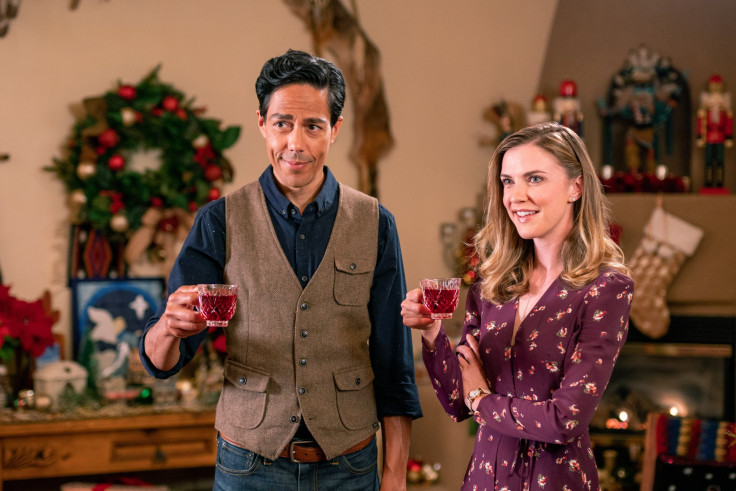Yule 2022: Unknown Facts About The Pagan Holiday And How Is It Celebrated
Yule, the Pagan celebration of the Winter Solstice, has elements of both Paganism and Christianity. It is one of the oldest winter festivals in the world.
Yule, a festival that borders on polytheistic beliefs, was first celebrated among Scandinavians, who later passed it down to the Celtics and Germanic people of northern Europe. Typically celebrated on Dec. 21, the day when the earth receives the shortest amount of daylight, the festival influenced a number of Christmas traditions.
There is an additional belief that it was the Druids (Celtic priests) who began the tradition of Yule log as they would cut the mistletoe that grew on an Oak tree and give it away to their disciples as a blessing.
The celebrations reference Saturnalia in ancient Rome which ran from Dec. 17 until Dec. 21 as a way of marking a new season. Judging by scientific theories, the sun standing at its lowest elevation causes the shortest day of the year and the longest night. However, early Romans believed that the day was symbolic of Sun's rebirth as it marked the transition into a new season.
Their celebrations were centered around lighting a Yule log in honor of the so-called rebirth of the Sun, as they believed it would eradicate all evils and bring prosperity.
Like many other festivals around the world that celebrate light, Yule is also commemorated with brightly lit candles and bonfires, among others.
Marking the day, laid down below are some yule greetings to send to loved ones: (Courtesy: Quotessayings.com)
- Yule is supposed to be a celebration and a consolation, a moment of warm brightness in the heart of winter, a time to eat because you know that the lean times are coming when food will be scarce and ice locks the land, and a time to be happy and get drunk and behave irresponsibly and wake up the next morning wondering if you will ever feel well again, but the West Saxons handed the feast to the priests who made it as joyous as a funeral. - Bernard Cornwell
- Snowflakes swirl down gently in the deep blue haze beyond the window. The outside world is a dream.
Inside, the fireplace is brightly lit, and the Yule log crackles with orange and crimson sparks.
There's a steaming mug in your hands, warming your fingers.
There's a friend seated across from you in the cozy chair, warming your heart.
There is mystery unfolding. - Vera Nazarian - It was a pretty sight, and a seasonable one, that met their eyes when they flung the door open. In the fore-court, lit by the dim rays of a horn lantern, some eight or ten little field mice stood in a semicircle, red worsted comforters round their throats, their fore-paws thrust deep into their pockets, their feet jigging for warmth. With bright beady eyes, they glanced shyly at each other, sniggering a little, sniffing and applying coat sleeves a good deal. As the door opened, one of the elder ones that carried the lantern was just saying, "Now then, one, two, three!" and forthwith their shrill little voices uprose on the air, singing one of the old-time carols that their forefathers composed in fields that were fallow and held by frost, or when snow-bound in chimney corners, and handed down to be sung in the miry street to lamp-lit windows at Yule-time. - Kenneth Grahame
- The Romans had, like other Pagan nations, a nature festival, called by them Saturnalia, and the Northern peoples had Yule; both celebrated the turn of the year from the death of winter to the life of spring - the winter solstice. As this was an auspicious change the festival was a very joyous one. The giving of presents and the burning of candles characterized it. Among the Northern people, the lighting of a huge log in the houses of the great and with appropriate ceremonies was a feature. - Samuel L. Jackson

© Copyright IBTimes 2025. All rights reserved.






















